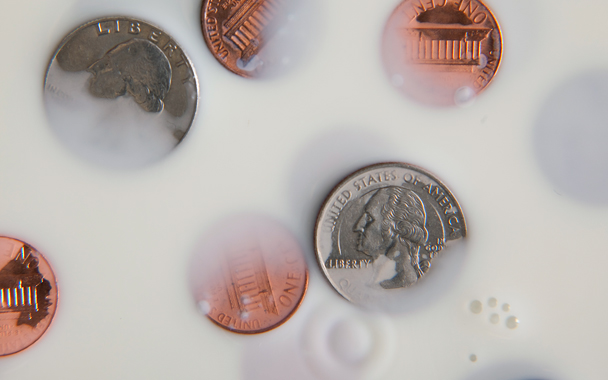It’s a great time to be in the dairy business—but please don’t tell that to the farmers, who are suffering through one of the worst financial slumps in memory. Prices paid to them per hundred weight (about 12 gallons) in the Northeast have fallen from nearly $20 a year ago (the break-even point for some producers) to less than $11 in June.
You may have noticed that the price of milk at grocery stores has stayed about the same, which would seem to suggest that someone is pocketing the difference. Perhaps that explains why Dean Foods—the nation’s largest processor and distributor of dairy products, with more than 50 brands—recently announced that its profits for the first quarter of 2009 totaled $75.3 million, well over twice the $30.8 million it made during the same period last year.
The financial discrepancy between farmers and the big companies that buy their milk caught the attention of Vermont’s outspoken, Independent senator Bernie Sanders, who earlier this week announced in a press conference that he had asked the Assistant Attorney General and head of the Justice Department’s antitrust division Christine Varney to investigate milk processors.
He requested that Varney take “a very serious look” at Dean Foods. “To the best of my knowledge, Dean Foods now controls about 70 percent of the liquid milk production in New England—70 percent. And while family farm incomes are plummeting, Dean Foods has seen very significant rise in profits,” Sanders said in a press release. In a statement sent to me via email, Dean Foods said: “Dean Foods is dependent on about 10,000 dairy farmers across the United States for our supply of conventional raw milk. This includes farmers in Vermont and throughout New England. We need these farmers’ businesses to be healthy over the long term for our business to be healthy over the long term. For the most part, the United States Department of Agriculture sets the price of milk, and current supply and demand is contributing to the low price environment. At Dean Foods, we work hard to create demand for our products, which in turn creates additional demand for milk and additional markets for farmers.”


